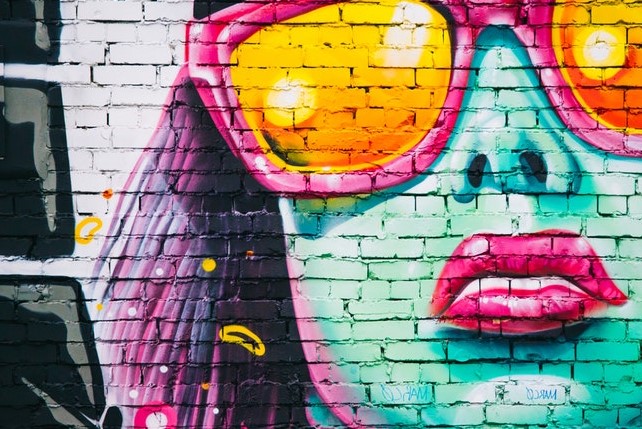
Myths about false accusation
MYTH: People lie about sexual assault.
Fact: Unlike other crimes of a violent nature, sexual assault is for the most part unreported. Stats Canada reports that only 6% of sexual assaults are reported to the police.[Stats Canada] False allegations of sexual assault are not a common problem. Less than 2% of reported sexual assaults are false allegations.[Marcotte Amanda (2014). Four Things You Should Know about Fake Rape Accusations. Alternet]
MYTH: Rape is a “he said/she said” situation.
Fact: The phrase suggests that the odds are even that either party is lying. Research shows that the majority of women who report rape are telling the truth. Only 6% of sexual assaults are even reported in Canada, a fraction of those are considered false.[Stats Canada] Many police services are currently reviewing criteria for “unfounded” sexual assault reports. [See: Globe and Mail]
MYTH: False rape reports are about vindictive women trying to hurt men with whom they had consensual sex.
Fact: Many people believe that false reports happen for reasons such as woman is angry about not getting a phone call after a one-night stand, or is ashamed of having drunken sex and decides to accuse her consensual sex partner of raping her. This belief is rooted in a long-standing stereotype that “hell hath no fury like a woman scorned”. The reality is quite different. The small number of false reports of sexual assault are usually filed by people with serious psychological and emotional problems who lie for the attention and sympathy they receive.[Canadian Women's Foundation]
MYTH: Inconsistencies in the story show the alleged victim is lying.
Fact: The people who believe that women lie about rape have no real evidence for that claim and so focus on the inconsistencies in the story. Trauma impacts memory. People may only remember fragments and have difficulty recounting the sequence of events.
MYTH: Feminists want to deprive accused rapists of due process
Fact: Even when the media reports sexual assault allegations as “alleged” concerns are often raised about due process. This is not the case for other types of crimes that aren’t rape, an oversight that suggests this concern is less about the integrity of the justice system and more about discouraging rape victims from coming forward.






